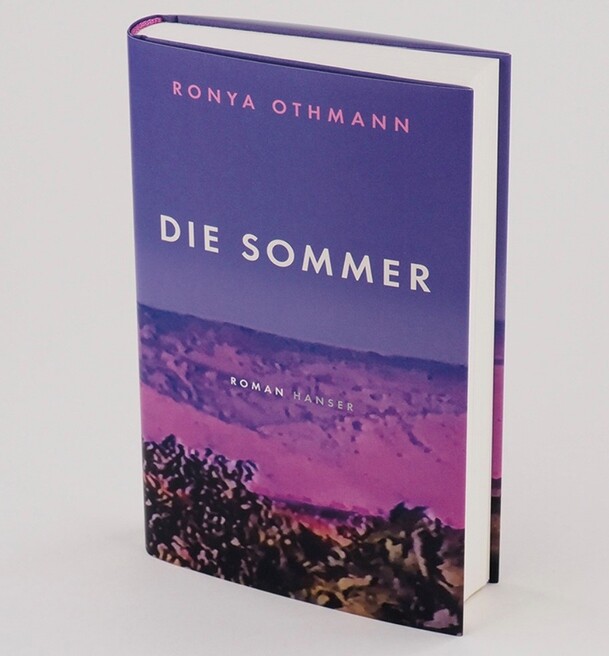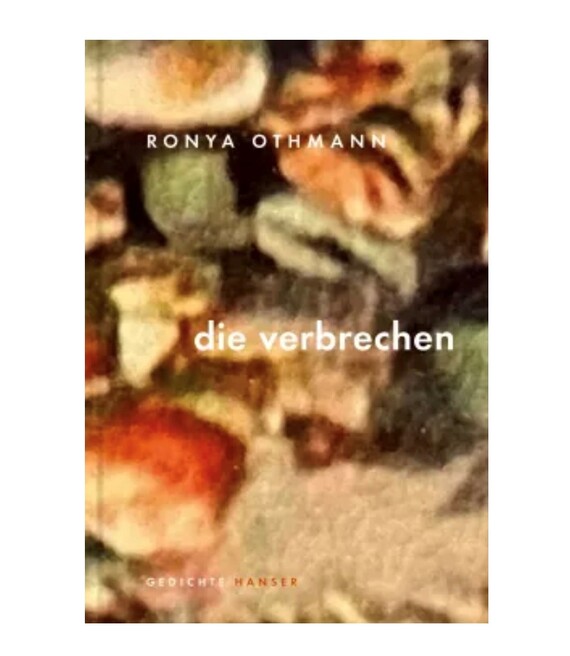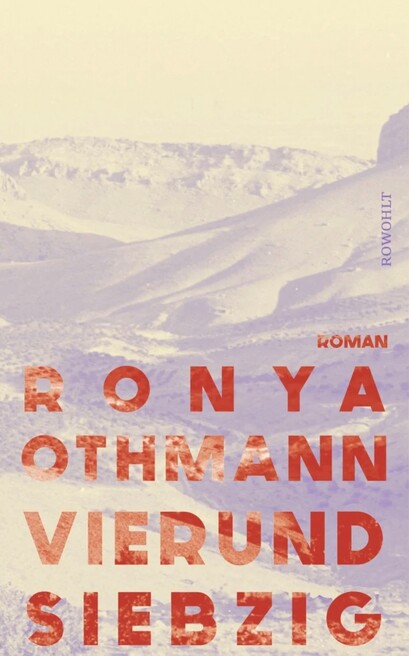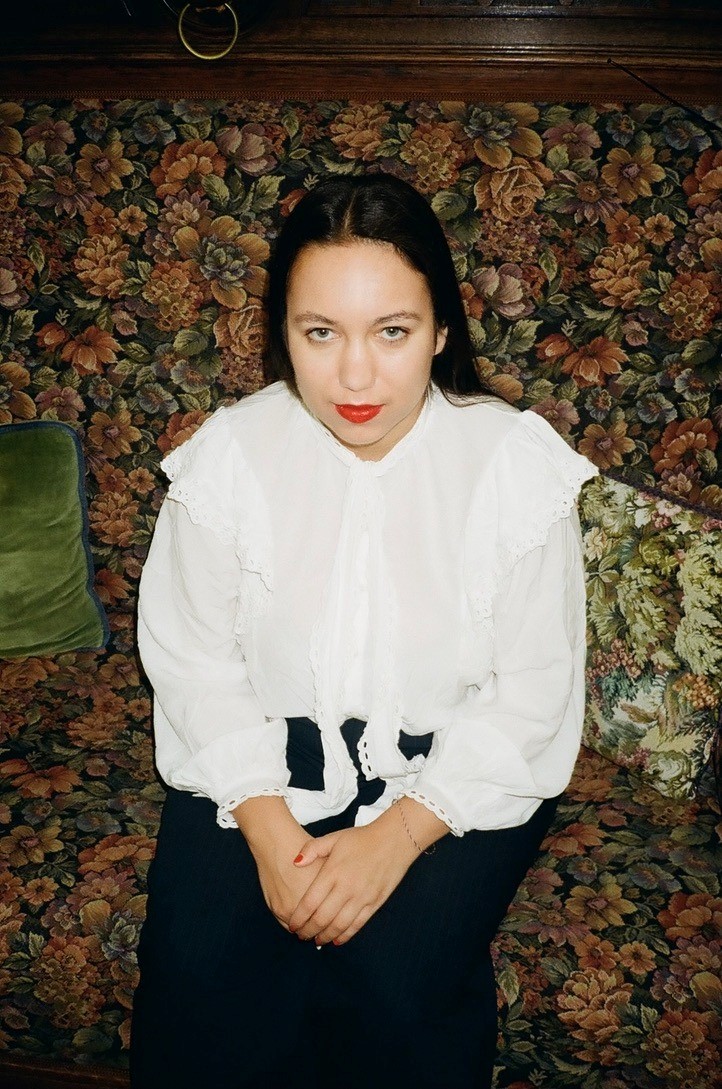Ronya Othmann
area: Literature
Key Facts
nationality
Germanyarea
Literatureresidence
Munichrecommending institution
BMEIAtime period
July 2025 - August 2025Ronya Othmann was born in Munich in 1993, studied at the German Literature Institute in Leipzig and now lives in Berlin. She writes poetry, prose and essays and works as a journalist. Since 2021, she has been writing the column "Import Export" for the Frankfurter Allgemeine Sonntagszeitung every two weeks. In the summer semester of 2023, she taught at the Sprachkunst in Vienna. In June 2024, she curated a series of events on "Cinema and Poetry" at the Deutsches Filmmuseum Frankfurt. She has received many awards for her writing, including the Open Mike Poetry Prize, the MDR Literature Prize, the Audience Award of the Ingeborg Bachmann Competition and the Caroline Schlegel Prize for Essay Writing. She was awarded the Mara Cassens Prize in 2020 for "Die Sommer", her first novel, and the Orphil Debut Prize, the Horst Bienek Prize and the Horst Bingel Prize in 2022 for her poetry collection "die verbrechen" (2021). Her second novel "Vierundsiebzig" was awarded the Düsseldorf Literature Prize and the Erich Loest Prize and was shortlisted for the German Book Prize.
Instagram: @RonyaOthmann
During her residency at MQ, Ronya Othmann is continuing to work on a long poem that deals with the subject of exile and banishment. The central figures are the ancient poet Ovid and the Kurdish singer Ayşe Şan, in whose life and work exile played a formative role. Ayşe Şan was part of the tradition of the Dengbêj, the Kurdish bards, and is considered one of the best-known representatives of this art form.
Born in Diyarbakır (Amed) in 1938, she grew up in a Dengbêj family, began singing at an early age and performed in public - against her family's wishes and despite the social restrictions as a woman. She sang in Kurdish at a time when the Kurdish language was banned in Turkey. In order to devote herself fully to music, she left her husband and child and worked first as a seamstress and later as a postal clerk in Izmir. After the military coup in 1971, she went into exile in Munich.
The long poem also takes up Ovid's letters from exile. It combines echoes from two millennia, traverses the Mediterranean region, Europe and its borders - not only as a geographical and political space, but also as a divided cultural space.



